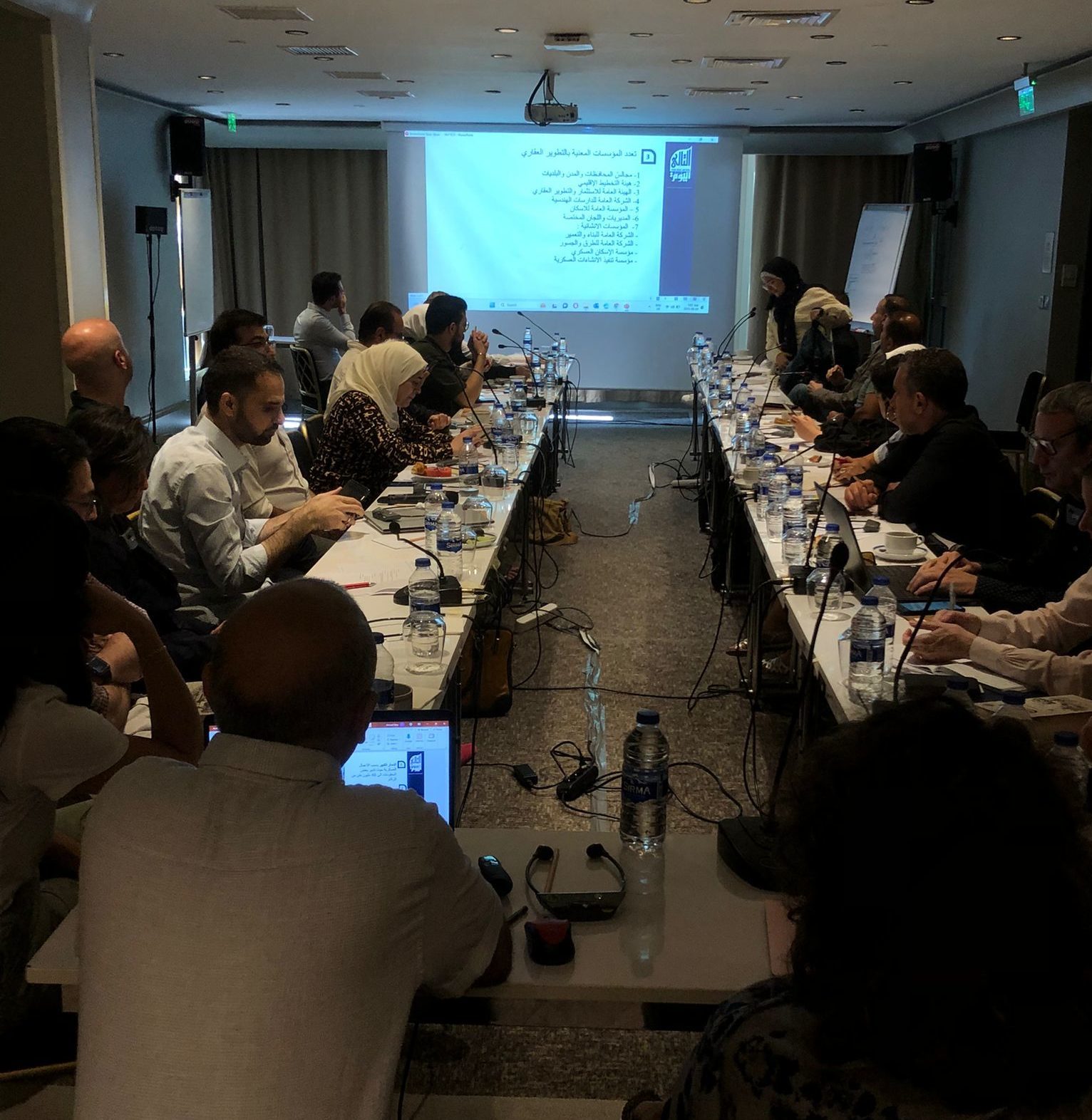In preparation for the democratic transition in any country, the rights of victims must be the primary motivation, as they must be involved in working toward this transition, in order to ensure the restoration of their rights, compensation, and reparation for their damages in the future.
In this context, The Day After, alongside the International Center for Transitional Justice (ICTJ), held a workshop on “Ensuring Victims’ Rights in Conflict Situations,” attended by a group of international experts from the Center and representatives of Syrian human rights organizations.
The workshop was moderated by The Day After and extended over three training days between September 7 and 9, 2023.
Several topics were addressed during the workshop, including the role of constitutional and institutional reform in facilitating political transition and democratic transformation, and the constitutional, legal, and structural dimensions of reform.
The workshop reviewed the Colombian experience in political transition, the peace agreements included and the participation of victims in them, as well as the constitutional reforms that followed the conflict phase. The discussion also focuced on transitional Justice bodies and institutions for ensuring accountability and reparation during the transitional period and the best ways to advocate for victim groups at the national and international levels.
Through working groups, the participants discussed the priorities of constitutional and institutional reform in the future of Syria, and as a result, they wrote their recommendations and visions on the priorities of institutional reform, most notably reform of the army and security sector.
Moreover, international experiences in dealing with the issues of missing persons were reviewed, and what peace agreements require to ensure their fate is revealed was discussed, along with talking about the procedures for the return and resettlement of displaced persons during the political agreement phase, and international experiences in this field.
The director of the HLP project in TDA presented an intervention on the most prominent challenges of the housing, land and property rights issue in Syria, including major destruction, weak documentation and damage to basic documents, in addition to the multiplicity of real estate laws, and other challenges that constitute the complex real estate issue in Syria.
|
During the workshop the films “Suspended Life” and “Tomorrow we continue” which address the issue of enforced disappearance in Syria, were screened. “Suspended Life,” is produced by TDA, to narrate through the words of two Syrian women the suffering of their children’s disappearance after they were arrested in the Syrian regime’s prisons. through an indirect dialogue, the two women share memories of the sons, from childhood until they disappeared, and exchange pictures, hopes and wishes. The scenes reflects the extent of the pain and suffering of the two mothers, which is the pain of all the families of the forcibly disappeared, and also reflect their determination, striving, and determination on seeking to find the sons, with a hope that they never want to end. The film leaves a message that the issue of the forcibly disappeared, as like the issue of detainees, can never die, and resolving it is an essential and pivotal target, on the path to achieving justice and democratic transition in Syria. The film “Tomorrow We Continuo” was produced in cooperation between the “Bridges of Truth” group (includes the Day After) and the International Center for Transitional Justice (ICTJ). It tells the story of a Syrian refugee woman in lives in Germany and struggles in the search for her forcibly disappeared husband in Syria.
|


